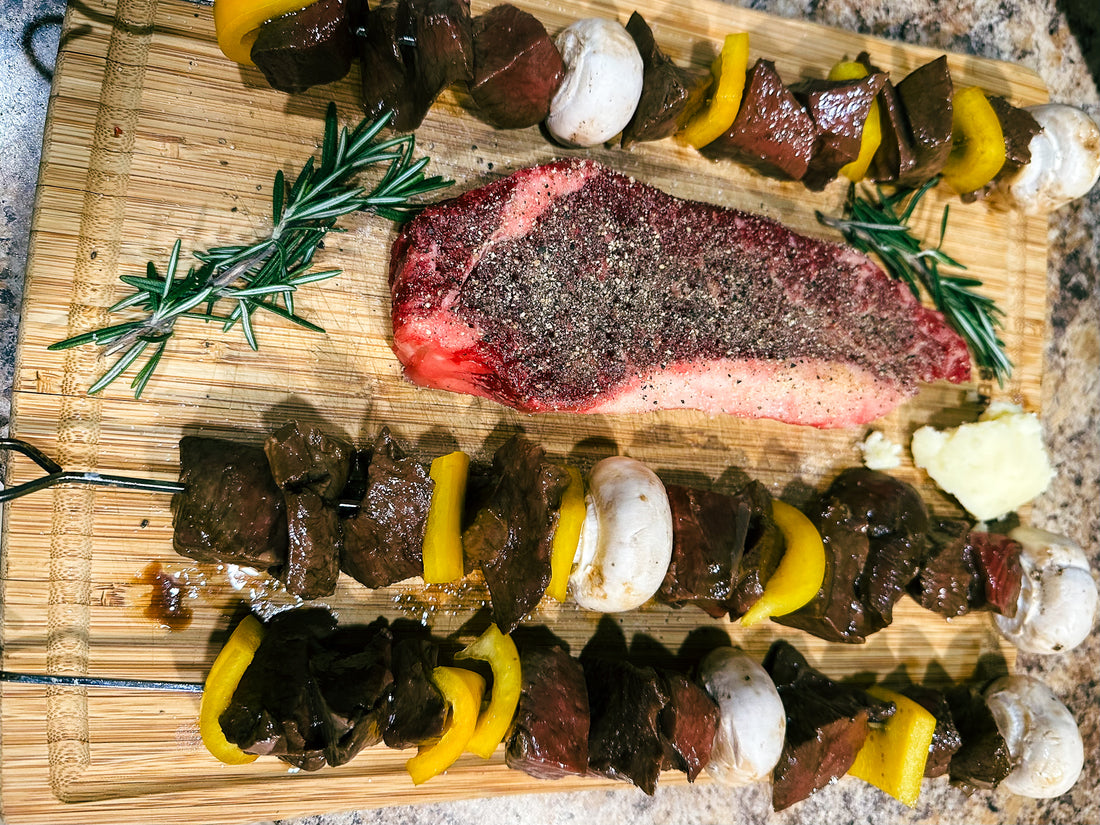Iron is a fundamental mineral that plays a crucial role in maintaining overall health and well-being. From oxygen transport to energy production, iron is indispensable for various bodily functions. This blog post explores the benefits of iron, signs of deficiency, and highlights the best sources from both animal and plant-based sources.
Benefits of Iron
Iron is essential for several key functions in the body:
-
Oxygen Transport: Iron is a central component of hemoglobin, the protein in red blood cells that carries oxygen from your lungs to tissues throughout your body. Adequate iron ensures efficient oxygen delivery, promoting energy production and overall vitality.
-
Energy Production: Iron is involved in the production of ATP (adenosine triphosphate), the primary energy currency of cells. Sufficient iron levels help maintain optimal energy levels and combat fatigue.
-
Immune Support: Iron supports a healthy immune system, aiding in the proper functioning of immune cells that defend against infections and illnesses.
-
Cognitive Function: Iron is crucial for cognitive development and function, including memory, concentration, and overall brain health.
Iron Deficiency
Iron deficiency can lead to anemia, a condition characterized by insufficient red blood cells to carry oxygen to tissues. Common symptoms include fatigue, weakness, pale skin, shortness of breath, and decreased exercise tolerance. It's essential to address iron deficiency promptly through dietary changes and, if necessary, supplements recommended by a healthcare professional.
Best Sources of Iron
Animal-Based Sources:
-
Red Meats: Beef, lamb, veal, pork, and kangaroo are rich sources of heme iron, which is more easily absorbed by the body. Opt for lean cuts for healthier choices.
-
Offal: Liver, kidney, and pate are extremely high in iron and other essential nutrients. Incorporate them into your diet in moderation for a nutrient boost.
-
Poultry: Chicken and turkey provide a good amount of heme iron, making them excellent choices for iron-rich meals.
-
Fish and Shellfish: Salmon, sardines, tuna, and shellfish like shrimp and oysters are rich in iron and also provide omega-3 fatty acids for heart health.
-
Eggs: Particularly egg yolks contain iron along with other essential nutrients like protein and vitamins.
Plant-Based Sources:
-
Dark Leafy Greens: Spinach, beet greens, kale, and broccoli are packed with non-heme iron, which is less readily absorbed but can still contribute significantly to your iron intake.
-
Steel Cut Oats: A hearty breakfast option that provides iron along with fiber for digestive health.
-
Nuts: Almonds, cashews, and pistachios are good sources of iron and healthy fats.
-
Dried Fruits: Apricots, raisins, and prunes are convenient snacks rich in iron, though they can be higher in natural sugars.
-
Whole Grains: Whole grain pasta and bread, especially if iron-fortified, provide iron while offering dietary fiber for sustained energy.
-
Legumes: Beans (mixed beans, baked beans), lentils, chickpeas, and tofu are excellent plant-based sources of iron. They also offer protein and fiber, supporting overall health.
Incorporating Iron-Rich Foods into Your Diet
To ensure adequate iron intake:
-
Balance Your Plate: Include a variety of iron-rich foods in your meals, combining heme and non-heme sources for optimal absorption.
-
Enhance Absorption: Pair iron-rich foods with sources of vitamin C (like citrus fruits, bell peppers) to enhance iron absorption from plant-based sources.
-
Cook with Cast Iron: Cooking acidic foods in cast iron pans can increase iron content in meals.
By prioritizing iron-rich foods in your diet, you can support your body's vital functions and maintain overall health. Remember to consult with a healthcare professional for personalized advice on managing iron levels and addressing any deficiencies effectively.

